Hugo Lafayette Black was born on February 27, 1886, in Harlan, Alabama. He’s the fifth longest-serving US Supreme Court justice and historians recognize him as second only to John Marshall in his impact on constitutional interpretation.
The youngest of eight children, Black’s family moved to Ashland in 1890. He attended college there and then earned a degree from the University of Alabama Law School in 1906. After being admitted to the bar and practicing in Ashland, he moved to Birmingham where he started a successful law practice known for dealing with labor laws and personal injury cases.
In 1911, Black briefly served as a police court judge and later served four years as the Jefferson County Prosecuting Attorney. Black left his law practice during World War I to join the Army. He reached the rank of captain in the 81st Field Artillery, but the war ended before he could be sent overseas. Black returned to his law practice after the war then won a US Senate seat in 1926. He became known for his keen investigative skills and in 1934 chaired the committee that investigated an airmail contract scandal. Black also investigated lobbying practices and pushed for legislation requiring them to register their names and salaries.
In 1937, Black proposed the Black-Connery Bill, which would set a national minimum wage and maximum number of workweek hours at 30. The bill was rejected at first, but was amended to 44 hours and passed after Black left the Senate in 1938. During his time in the Senate, Black spoke out about his beliefs in the power of the Constitution. He supported Franklin Roosevelt’s New Deal policies and criticized the Supreme Court for overturning legislation that had been passed by significant majorities in Congress.
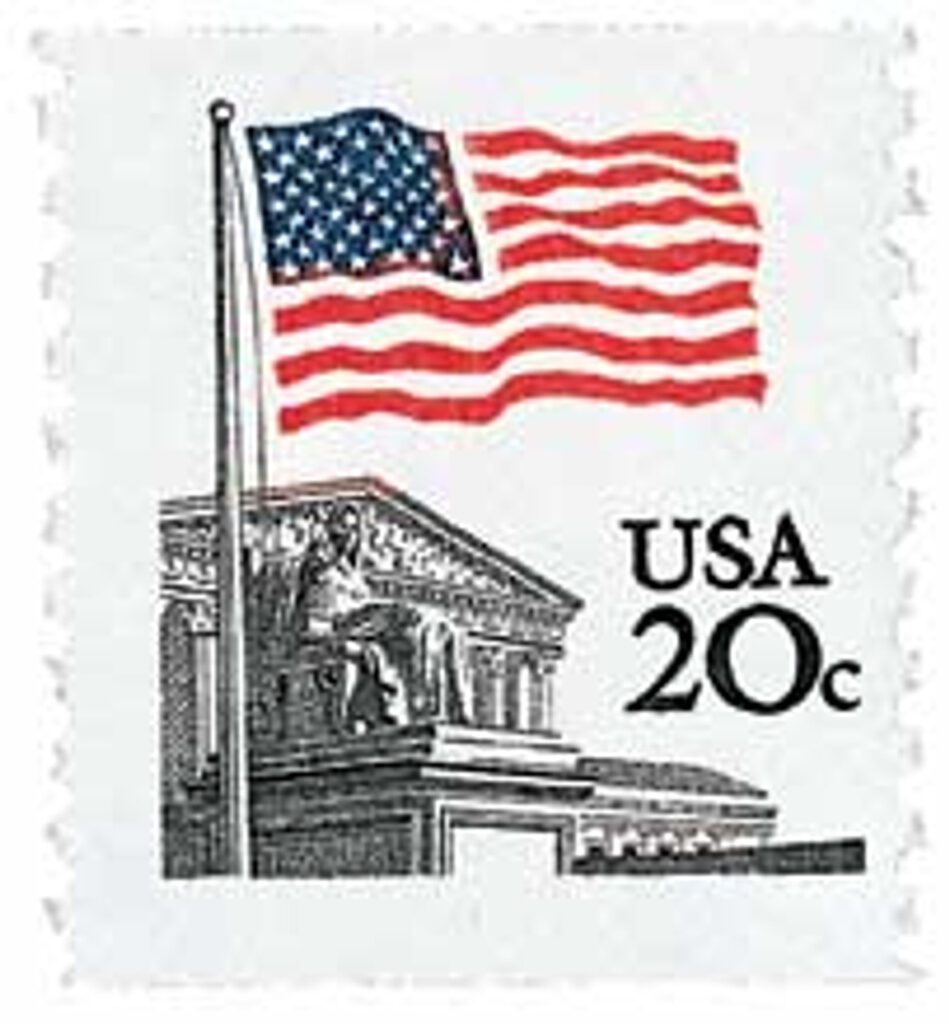
In 1937, Supreme Court Justice Willis Van Devanter retired, and Roosevelt nominated Black as his replacement. For the first time since 1853, the Senate didn’t confirm him immediately, rather they sent the nomination to the Judiciary Committee. He was eventually confirmed, but shortly after it became national news that he had been a member of the Ku Klux Klan in the early 1920s. Black stated that he had been a member, but that he left it and “completely discontinued any association with the organization.” He later admitted that joining had been a mistake.
There was widespread outrage at first, but Black’s friendship with Walter Francis White, executive secretary of the NAACP, helped assuage concerns. In 1940, he delivered a decision which freed four black men who had confessed to crimes after being tortured. This decision was called “far and away the most brilliant, sweeping application of the 14th Amendment to human rights that has come before the Supreme Court.” This helped to calm concerns over his past.
As a Supreme Court Justice, Black believed in judicial restraint. He felt the legislature should dictate laws and the court should limit its involvement. He was also noted for protecting the right of free speech guaranteed in the First Amendment to the US Constitution. Black served on the Supreme Court for 34 years. He was the fifth-longest serving US Supreme Court Justice and the senior (longest serving) justice for 25 years. Experts state he was second only to John Marshall in his impact on the Constitution.
Black retired on September 17, 1971, suffered a stroke two days later, and died on September 25. During his life, Black appeared on the cover of Time magazine twice. After his death, the US District Court in Birmingham, Alabama, was named in his honor.
| FREE printable This Day in History album pages Download a PDF of today’s article. Get a binder or other supplies to create your This Day in History album. |
Discover what else happened on This Day in History.

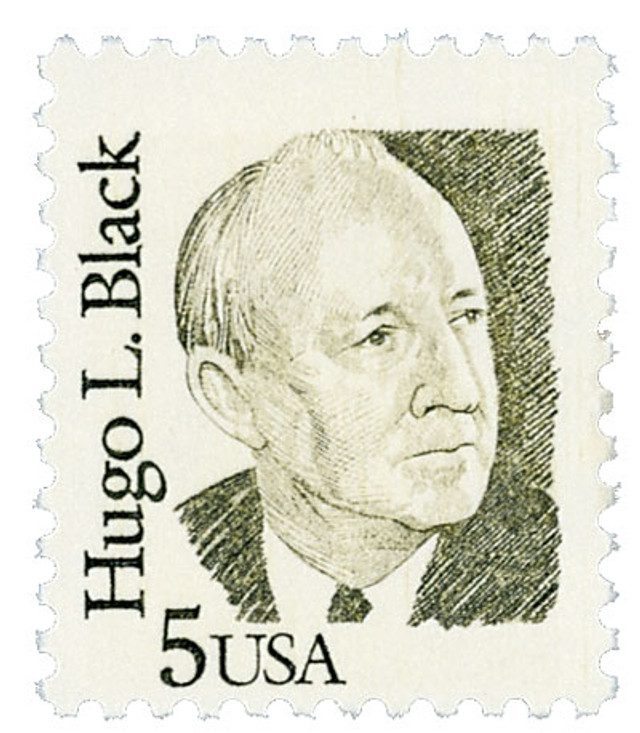
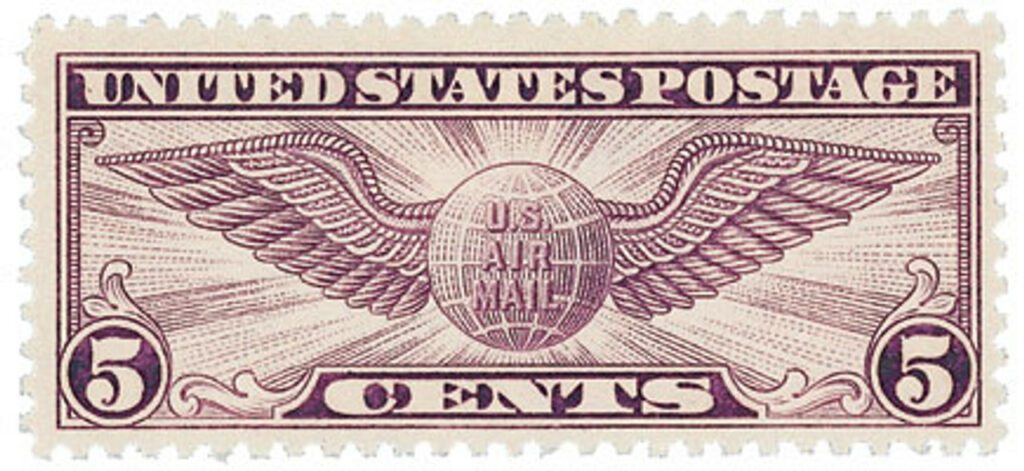
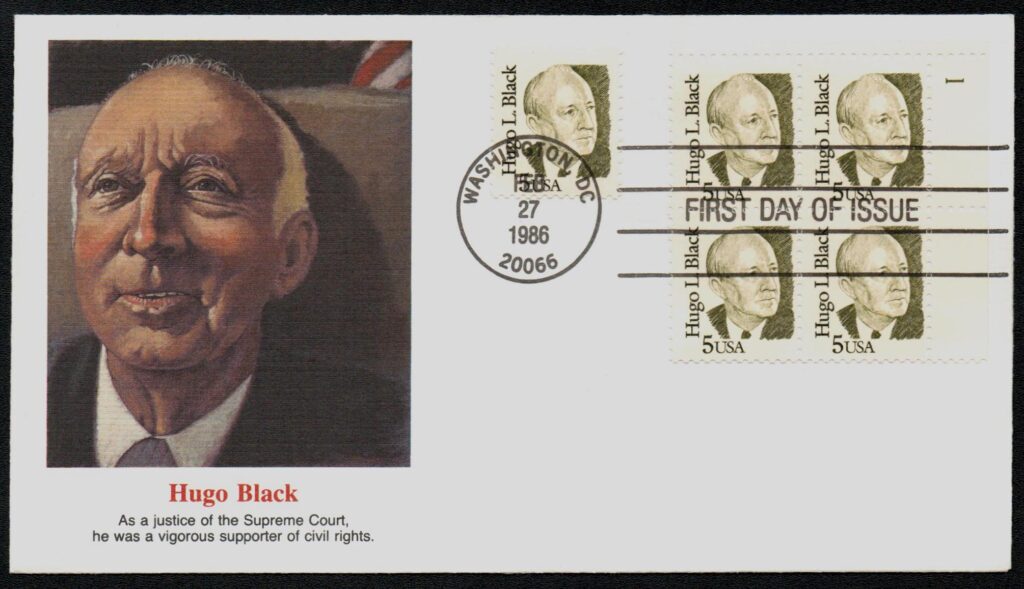

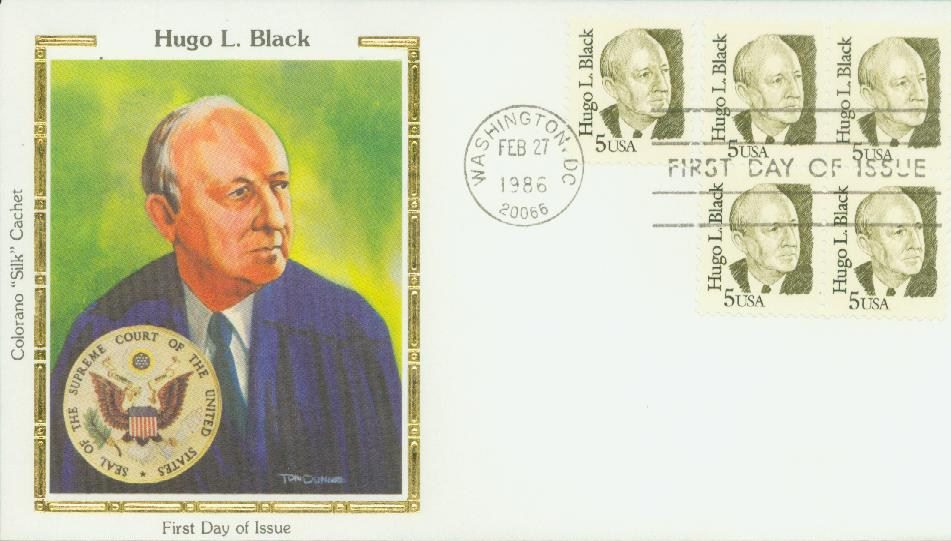
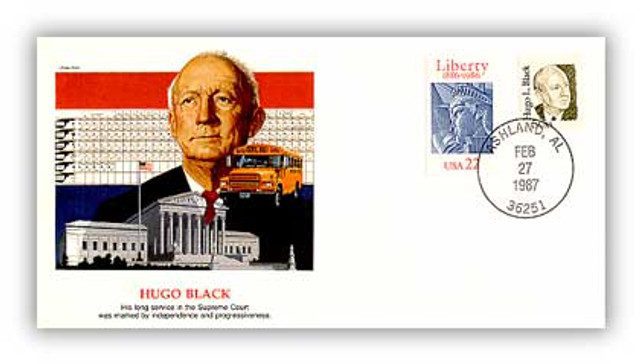
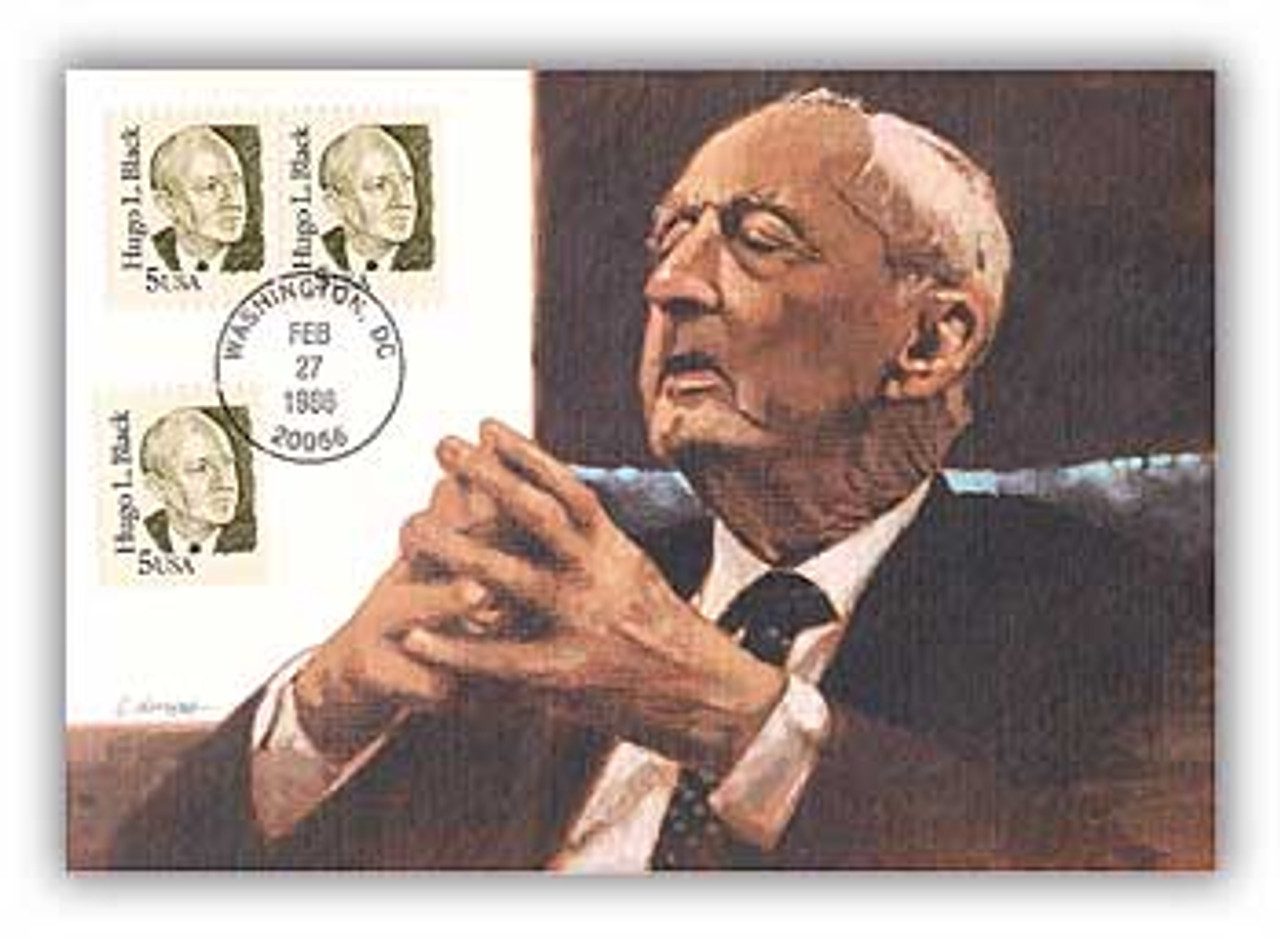
Not being a law student, I didn’t know who Hugo Black was. I appreciate the history lesson and knowledge of his achievements. That stamp now has background to explain why it was issued. Thanks again.